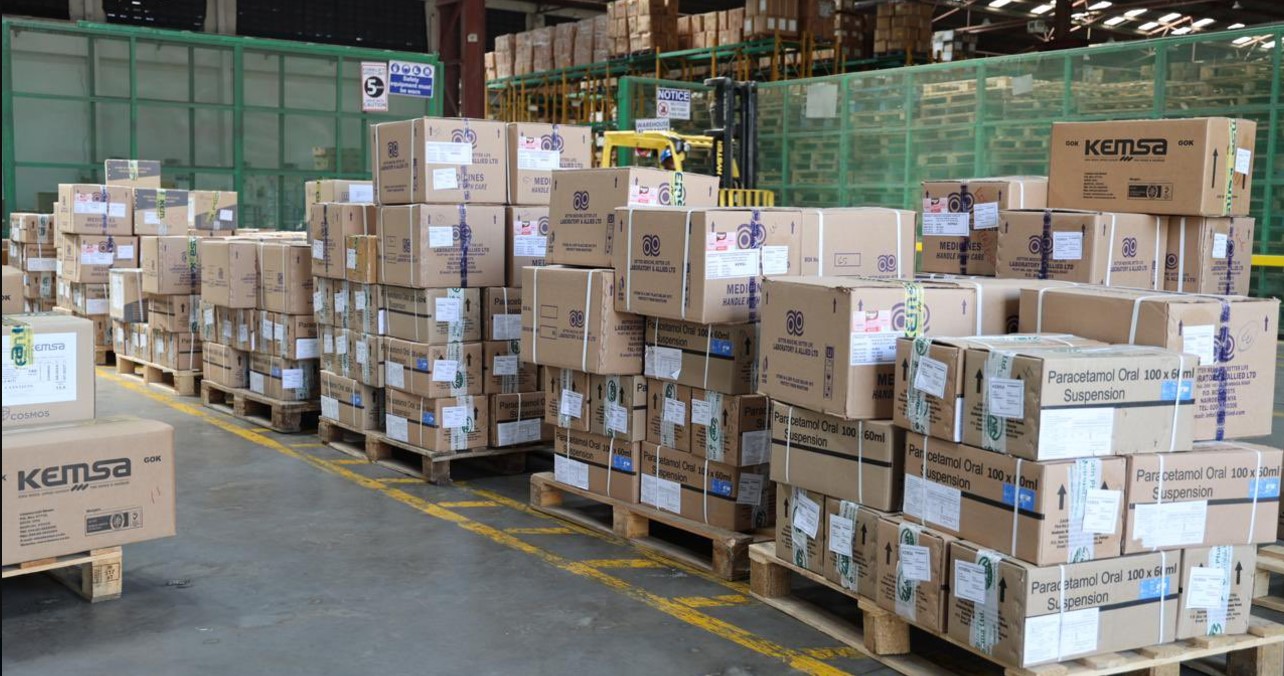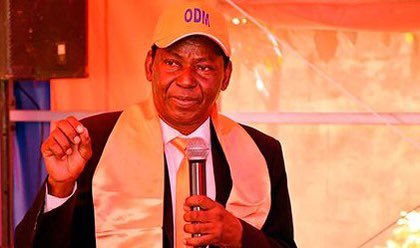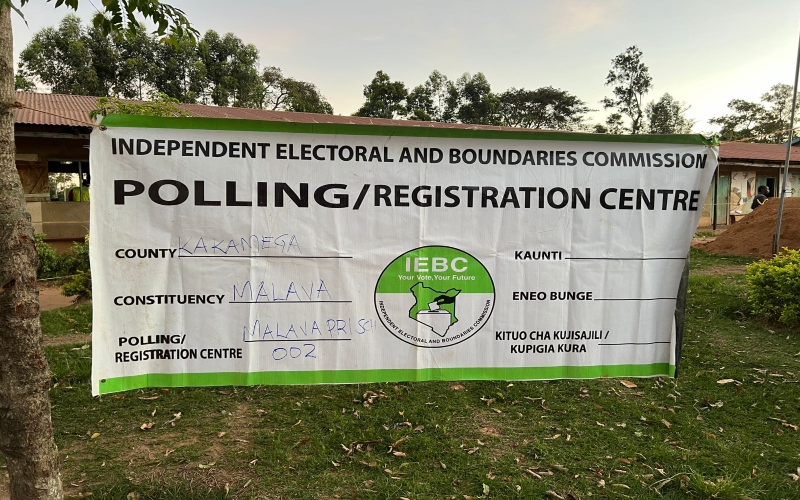MPs fault procurement authority for weak laws on COVID-19 tenders

The MPs pointed out that Section 104 of the Public Procurement and Asset Disposal Act allows direct procurement in cases of extreme urgency, but stressed that the law was not properly applied.
The National has faulted the Public Procurement Regulatory Authority (PPRA) for failing to provide clear accountability on emergency tenders issued during the COVID-19 crisis, with MPs accusing it of turning a blind eye to irregular procurement practices.
The National Public Investments Committee on Social Services, Administration and Agriculture (PIC-SSAA) questioned the agency’s capacity to enforce procurement laws after billions were spent through direct tenders, especially at the Kenya Medical Supplies Authority (KEMSA).
More To Read
- Long Covid’s lasting damage: Why many South Africans still struggle with fatigue, anxiety and memory loss
- Ruto targets faster healthcare access with KEMSA direct medicine deliveries to hospitals
- Senate flags 24 State agencies still performing county functions
- Ministry of Health announces measures to reduce maternal, newborn deaths
- Viral infections linked to higher risk of heart attacks and strokes
- Study finds Covid-19 infection during pregnancy may affect child brain development
Appearing before the committee on Thursday, Director General Patrick Wanjuki and his team faced tough questions over gaps in the procurement system that allegedly allowed questionable awards during the pandemic.
Committee chairperson Emmanuel Wangwe said the authority had no excuse for failing to provide critical information.
“We are interested in the list of 141 tenders, which amount to nearly Sh7 billion. You are asking for more time, but this committee will not give you that luxury. As the regulatory authority, you ought to have this information readily available,” Wangwe told the PPRA team.
The MPs pointed out that Section 104 of the Public Procurement and Asset Disposal Act allows direct procurement in cases of extreme urgency, but stressed that the law was not properly applied.
Vice-Chairperson Caleb Amisi said the agency failed to uphold the intent of the law.
“There is no law without loopholes, but there is always the spirit of the law. This was a global pandemic, and both KEMSA and PPRA should have been prepared. We cannot sit here and allow institutions to exploit loopholes for personal gain,” he said.
Ndhiwa MP Martin Peters Owino challenged the authority to explain its exact role in safeguarding public funds.
“We have called you here to call a spade a spade. Most of these tenders were done irregularly. People took advantage of the crisis to squander public funds. What is PPRA’s real role in safeguarding emergency procurement?” he asked.
In his response, Wanjuki admitted that procurement during the crisis was poorly handled, citing global supply shortages and closed airspaces.
“This process was not taken correctly, but we must acknowledge that the skies were closed, and those who had imported equipment took advantage of that situation. As a country, we also failed to adequately prepare for the COVID-19 pandemic,” he said.
He went on to reveal that the authority lacked sufficient powers to punish officers who broke procurement rules.
“Currently, PPRA is toothless; there is nothing much we can do. However, I urge this committee to add its voice to the amendments before the House on the Public Procurement and Disposal Act.
These amendments propose sanctions and penalties against officers who engage in corruption,” Wanjuki explained.
The MPs remained unconvinced, insisting that institutions must uphold their watchdog roles regardless of emergencies. Turkana North MP Nabuin said corruption persists because enforcement officers often have vested interests.
“The problem with us Kenyans is that even those tasked with enforcing the law have their own vested interests, making it difficult to weed out corruption,” he said.
Amisi pressed further, asking whether officers involved in irregular deals face any professional punishment. “When procurement officers engage in corruption like at KEMSA, do they lose their licences to practice? Is there any form of reprimand?” he asked.
The DG admitted no such system exists at the moment but expressed hope that ongoing legislative amendments would address the gaps and strengthen enforcement.
Top Stories Today
















































